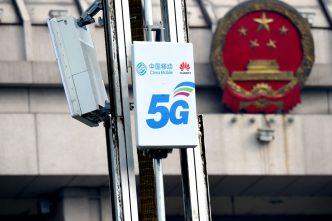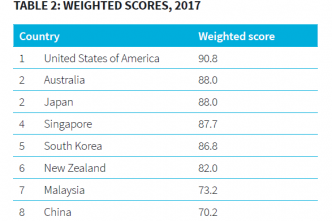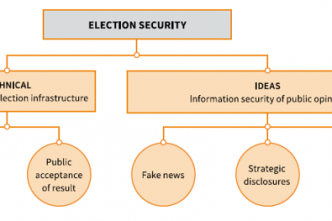The global debate has shifted beyond why we shouldn’t trust Chinese telecommunications company Huawei to why we can’t trust any equipment vendor. How can we trust US companies after the Edward Snowden disclosures? Doesn’t the …
It doesn’t get much bigger than attacking the home of democracy—parliament house—and a country’s major political parties only months out from a federal election. In his statement on these attacks, Prime Minister Scott Morrison said …
Huawei’s behaviour, coupled with the Chinese government’s wide-ranging commercial espionage, is eroding trust in the global supply chain. Rebuilding that trust will take work. Two sensational US indictments unsealed on Tuesday paint a picture of …
Increasing data localisation—governments requiring certain data to be stored within a jurisdiction—threatens internet innovation and makes the development of digital goods and services more difficult, potentially slowing economic growth. India is thinking of joining the …
The UK government released the Huawei Cyber Security Evaluation Centre oversight board’s 2018 annual report on 19 July. HCSEC is a Huawei-owned facility that was created seven years ago to deal with the perceived risks …
In 2016, the Australian government announced that Australia had an offensive cyber capability and was using it against Islamic State. Last June the government announced the creation of an ADF Information Warfare Division responsible for …
I’ve previously written about how elections consist of both the procedural and technical processes to collect and tally votes, and the arena of ideas where policies, platforms and promises are debated and discussed. Of the …
The Australian Defence Department has banned staff and serving personnel from downloading the Chinese social media and messaging app WeChat onto their work phones. ASPI’s International Cyber Policy Centre staff sat down today to discuss …
Data thefts are nothing new. In the United States, several incidents attributed to China have involved vast amounts of personal information. In 2014, the US health insurance company Anthem had data on almost 80 million …
What are the mega-trends across the cyber landscape in the Asia–Pacific? The ASPI International Cyber Policy Centre’s new report, Cyber maturity in the Asia–Pacific region 2017, distils the major trends from a year’s worth of …
I’ve seen a number of crazy media pieces arguing that Apple’s Face ID technology has privacy implications and will enable government mass surveillance. I disagree, and I think there’s a more sensible way to think …
National election campaigns remain vulnerable to cyber threats in two main areas, as ASPI’s International Cyber Policy Centre noted in its recent publication, Securing democracy in the digital age. Political elections consist of the procedural …











